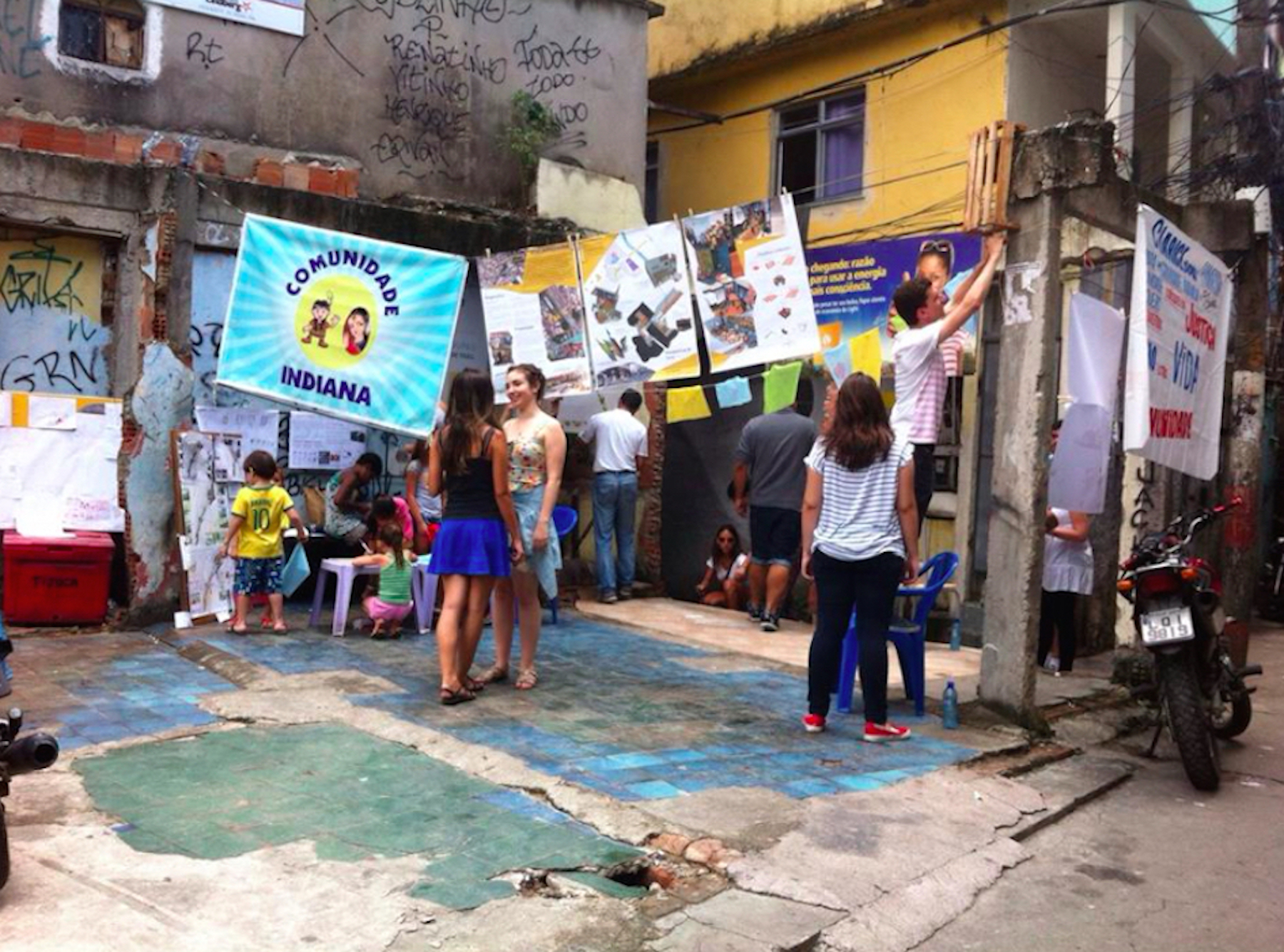Direito a outra cidade:
favelas como táticas de resistência e transformação
DOI:
https://doi.org/10.24168/revistaprumo.v4i6.1185Resumo
RESUMO
Entendendo as favelas como formas alternativas de resistência ao processo de produção capitalista da moradia, nosso objetivo neste artigo é compreender e analisar de que forma estes espaços podem ser vistos como contexto e sujeitos de uma construção coletiva de uma outra cidade, coexistente e ao mesmo tempo resistente ao modelo de cidade hegemônico. Nossa análise é feita a partir da ótica do arquiteto-urbanista insurgente e busca aprofundar de forma crítica como este profissional pode participar das lutas pela produção e transformação de espaços urbanos contra-hegemônicos. Para a nossa discussão trabalhamos com a favela situada Indiana, que se encontrava ameaçada de remoção pelo Município do Rio de Janeiro. Utilizando este estudo como eixo condutor da discussão e seguindo a metodologia de B.S. Santos (2007), Latour (2011[1991]) e Morin (1990), entendemos o campo como local onde se produz e prtica o conhecimento, e onde as distorções das generalidades são reduzidas.
Palavras-chave: favelas, resistência, papel do arquiteto
ABSTRACT
Understanding the favelas as alternative forms of resistance to the capitalist process of dwelling, our goal with this article is to comprehend and analise in which way this spaces can be seen as context and agent of a collective construction of another city, coexisting and at the same time resisting the hegemonic model of a city. Our analisis is made through the lenses of the insurgent architect and urbanist and that seeks to approach in a deeply critic form how this professional could participate in the struggle for the production and transformation of urban spaces un-hegemonic. In our debate, we work with the favela Indiana, which found itself threatened with removal by the City of Rio de Janeiro. Using this study as an conductive axis of the discussion and following the methodology of B.S. Santos (2007), Latour (2011 [1991]) and Morin (1990), we understand the field as in place where knowledge is produced and put to practice, and in which the distortions of general thinking are reduced.
Key-words: favelas; resistance; role of the architect







